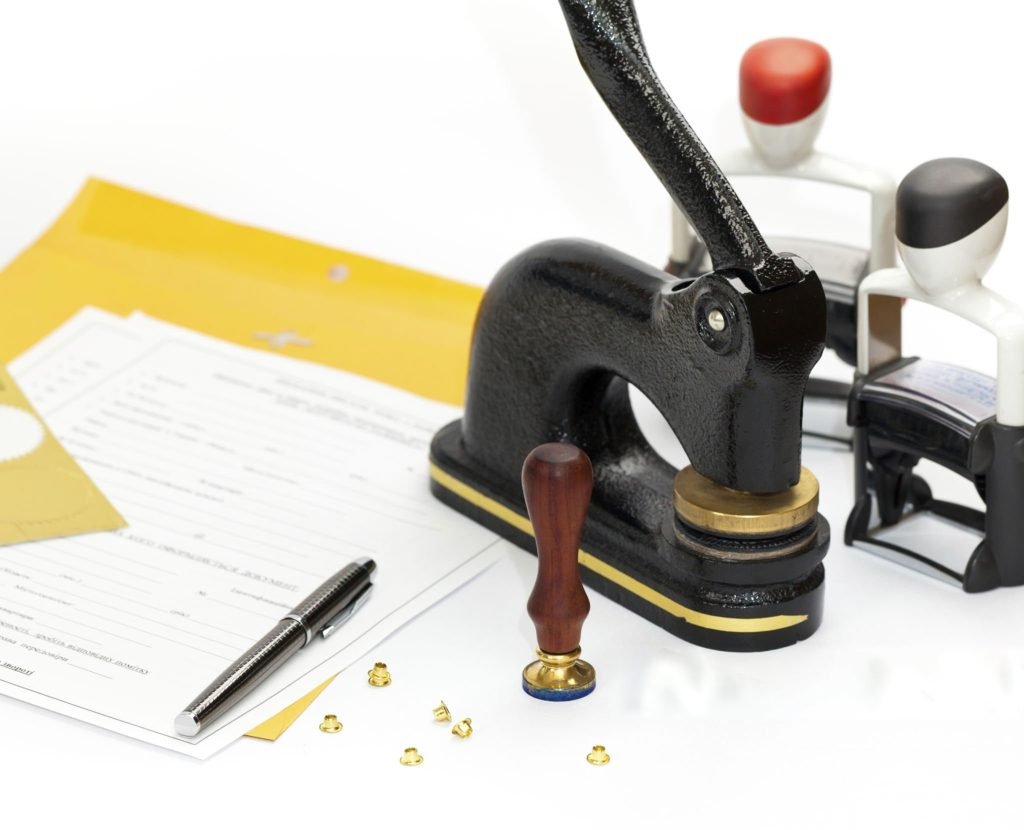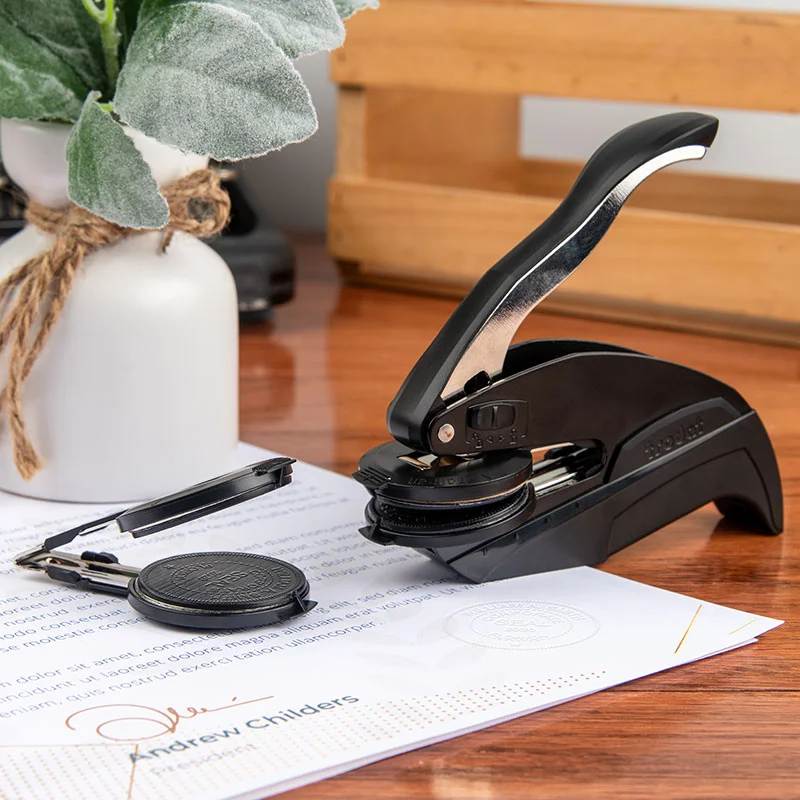Acme Signs and Prints | Best Business Signs & Graphics Company in Central Florida
Your Guide to Notary & Professional Seals
When it comes to official documents, a simple signature often isn’t enough. Professional notary public stamps and engineer seal stamps are a crucial component, serving as a legally binding mark of authentication and responsibility. Whether you’re a new professional seeking your first seal or an experienced one looking for a replacement, understanding the specific requirements of your state is critical.
5 requirements to consider when purchasing Notary Public Stamp & Seal by State
Here is a general overview of requirements for notary public seals across the United States. Always verify the most current regulations with your state’s commissioning authority before purchasing.
Ink Stamp Only States: A number of states, including Florida, Illinois, Minnesota, and Pennsylvania, mandate the use of a rubber ink stamp.
States Allowing Ink Stamp or Embosser: In states like Arkansas, Delaware, and Massachusetts, you have the option of using either an ink stamp or an embosser.
Ink Stamp Required, Embosser Optional: Some states, such as California, Arizona, and Missouri, require a photographically reproducible ink stamp but allow for an embosser to be used as an additional security measure.
States Where a Notary Seal Isn’t Required: In a few states like Connecticut and Louisiana, an official seal is not a requirement, though it is strongly recommended.


What's the Best Notary Stamp for You?
Choosing a notary stamp can feel overwhelming with all the options available. The best choice for you depends on what you value most: portability, convenience, or longevity. Let’s break down the three main types of notary stamps.
Self-Inking Notary Stamps
Self-inking stamps are a popular choice, and for good reason. The ink pad is built into the stamp’s mechanism. With a simple press, the stamp rotates to ink the die (the part with your information on it) and then presses down onto the paper.
Pros: They’re fast, clean, and a single ink pad can last for thousands of impressions.
Cons: They tend to be a little bulkier than other options.
Pre-Inked Notary Stamps
Pre-inked stamps have the ink already integrated directly into the die itself. Instead of a separate ink pad, the ink seeps through the die’s porous material to create the impression.
Pros: They create exceptionally sharp, crisp impressions and are often more compact. They’re also very quiet to use.
Cons: They can’t be re-inked as easily as self-inking stamps and may not last as long before needing a replacement.
So, which one should you choose?
If you primarily work at a desk and value speed and durability, a self-inking stamp is an excellent choice. If you want the sharpest impression and a quiet, compact tool, a pre-inked stamp is a great option. For notaries who are constantly traveling to appointments, a pocket stamp is the clear winner for its convenience and portability.
We are proud to partner with industry-leading brands like Trodat, Colop, and Shiny, ensuring you receive a stamp that is durable, reliable, and provides a professional impression every time. Learn more about Seals and notaries here

